Annual Reports
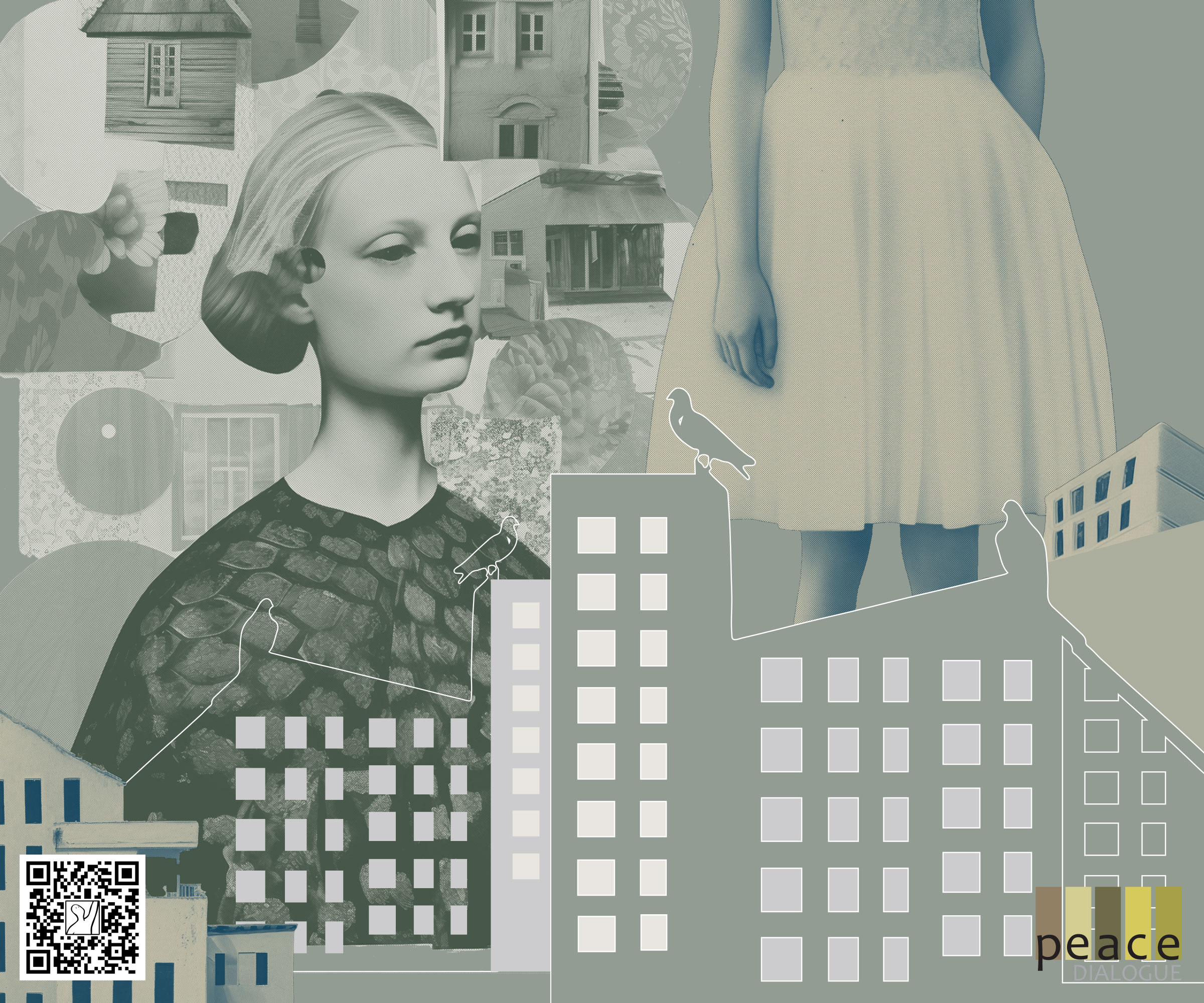
THROUGH DEMOCRACY TO LASTING PEACE: PEACE DIALOGUE NGO’S ANNUAL REVIEW | 2023 – 2024
At Peace Dialogue, we have always believed that democracy is the foundation for lasting peace. For us, democracy is not just about governance or elections—it is a process that places human dignity, participatory justice, and inclusive dialogue at the heart of peacebuilding. It is a living and evolving commitment to fairness, accountability, and the empowerment of all voices, especially in societies fractured by conflict. Over the past two years, the political and geopolitical challenges in our region and beyond have tested this belief. The transformative power of dialogue, advocacy, and collective action remains our guiding principle, even as the context of our work becomes increasingly complex and fragile.
THROUGH DEMOCRACY TO LASTING PEACE: PEACE DIALOGUE NGO’S ANNUAL REVIEW | 2023 – 2024

At Peace Dialogue, we have always believed that democracy is the foundation for lasting peace. For us, democracy is not just about governance or elections—it is a process that places human dignity, participatory justice, and inclusive dialogue at the heart of peacebuilding. It is a living and evolving commitment to fairness, accountability, and the empowerment of all voices, especially in societies fractured by conflict. Over the past two years, the political and geopolitical challenges in our region and beyond have tested this belief. The transformative power of dialogue, advocacy, and collective action remains our guiding principle, even as the context of our work becomes increasingly complex and fragile.
PEACE DIALOGUE: ANNUAL REVIEW | 2021 – 2022
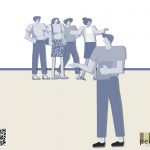
The ongoing conflict in Ukraine, escalated tensions around the Nagorno-Karabakh region, and rising tensions between Armenia and Azerbaijan have confirmed for many people the well-known notion of “might makes right.” This approach legitimizes the inevitability of violence and “the right of the strongest” while casting doubt on the possibility of peaceful conflict resolution.
However, at Peace Dialogue, we believe that peaceful and democratic societies are possible, and we remain committed to our mission of fostering the protection of human rights, promoting multi-layered dialogue, and building democracy and democratic institutions in conflict-affected and post-conflict societies, both locally and internationally.
Outcomes of Peace Dialogue’s Activities in 2021 in Numbers
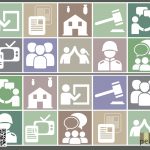
In 2021, the post-war reality in Armenia required more efforts to deal with the war consequences and democracy-related challenges that emerged dramatically in the context of abrupt and occurring social-political developments in the country.
Since 2020, Peace Dialogue is making its best efforts to develop new concepts aimed at fostering human rights protection, advocating for victims of the conflict, and regaining mutual trust and potential of future dialogue between citizens of the societies that have been divided by war.
Below, you can find the outcomes of Peace Dialogue’s activities for the year of 2021.
PEACE DIALOGUE: ANNUAL REVIEW | 2019 – 2020
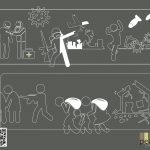
These circumstances have formed the inescapable backdrop to all of Peace Dialogue’s activities over the last year. To confront these challenges, we initially focused our energies on trying to adapt to the changes forced on us by the Coronavirus pandemic as we attempted to improvise and invent creative ways to continue our strategic activities. At the end of 2020, the post-war reality has forced us to dedicate our efforts to dealing with the consequences of the war, and the challenges to democracy that have arisen dramatically in this post-war context. As we consider our past mistakes and shortcomings, we are now working hard to develop new concepts to help us foster human rights protection, advocate for victims of the conflict, and rebuild mutual trust and dialogue between citizens of the societies that have been divided by war.
Peace Dialogue: Annual Report | 2017 – 2018
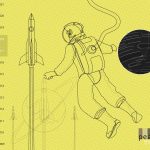
Dear partners, friends, beneficiaries and supporters. We are happy to inform you that on 10 January 2019, Peace Dialogue NGO celebrated its 10th Anniversary.
Notwithstanding the tense geopolitical processes underway in the region over the past years, together with its partners, the PD team has carried on its activities directed to the capacity building and empowerment of civil society representatives from Armenia, Georgia, Azerbaijan, Ukraine, and Russia in the sphere of peacebuilding and human rights protection.
With the present publication, we are presenting to your attention the biannual report of Peace Dialogue NGO for the years 2017-2018.
Peace Dialogue: Annual Report | 2015 – 2016
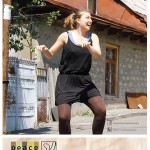
Dear beneficiaries, donors, supporters and followers of Peace Dialogue Non-Governmental organization, we are pleased to introduce our Biannual Report for 2015-2016.
Peace Dialogue: Annual Report 2013-2014
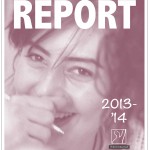
We started with the hope that we could make a difference in the way Armenian society looked at issues around conflict, human rights and the critical thinking needed to run a truly democratic society that embraces the diversity of culture and ideas it holds and do it all in a peaceful way.



